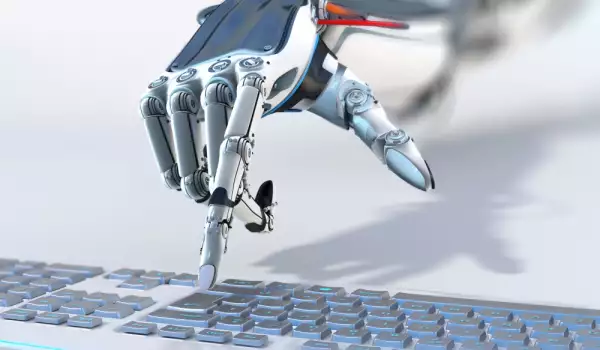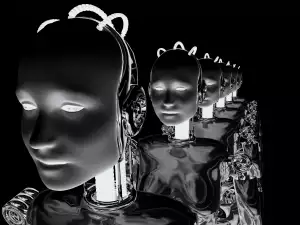It's no longer a secret to anyone that for years Google's IT experts have been hard at work creating artificial intelligence. There's hardly a person left on Earth that hasn't seen at least one movie where a self-aware computer decides that it would be better for everyone if humanity were wiped out.
It's now clear that Google's computer experts have watched at least a couple of these types of movies. The company has announced that the specialists in its IT department are working on creating a "kill switch" to stop artificial intelligence if it were to ever threaten humans in the future. Of course this has given fuel for conspiracy theorists to believe that artificial intellect is no longer just fiction but reality, and that this will soon become widely known.
According to Google's own research and analysis, if artificial intelligence becomes hostile, its attack will be sudden and devastating. Which is exactly why the experts have prepared the only possible counteraction - to pull the plug.
Computer engineers Laurent Orseau and Stuart Armstrong, who work for Google and teach at Oxford University, explain that a hostile AI would first attack programs that are vitally important to human civilization. According to them, communication and flight programs will be taken down first. This will naturally lead to never-before-seen chaos and the inability to adequately react to the situation.
To counteract this threat, the 2 experts have developed several programs that play the role of an early warning system. Their function is to pick up on any activity that aims to destroy the above-mentioned crucial programs.
"Once activated, the warning systems will activate the so-called Big Red Button, which will simultaneously turn off and destroy the artificial intelligence, " explain Orseau and Armstrong.
The 2 engineers now have to test the effectiveness of these mechanisms for stopping AI. If they yield good results, they'll be integrated into almost all software programs around the world, which will protect humanity from a future threat, the scientists say.











